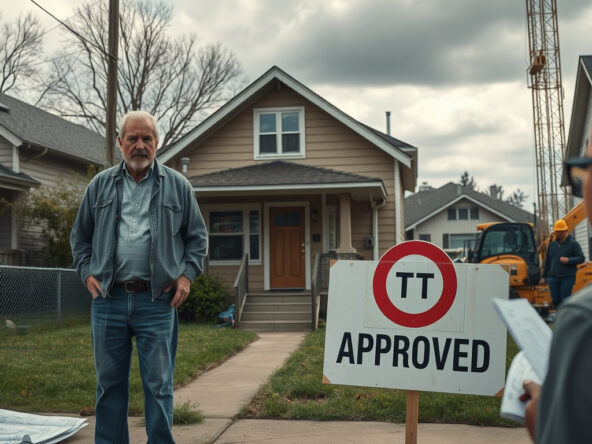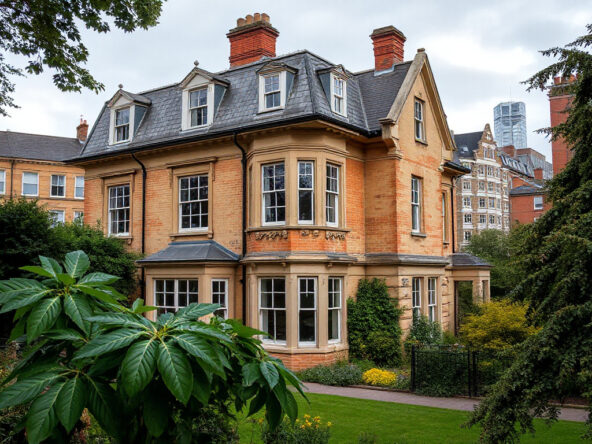Planning Approval for New HMO Development in Hull
The council approved a proposal that converts a three‐storey office building into an HMO containing 32 bedrooms. The conversion plan—where the building, the bedrooms, and the council submission all connect—came after a second submission. The site on Beverley Road in Hull, linked directly to local officials and police concerns, had first been rejected last year.
Project supporters, bound by regulations and building rules, argue that the conversion meets council standards and stops decay from taking hold. The design embeds modern features—a gym, a cinema room, and en-suite facilities for every room—with each element tightly connected to the overall occupancy plan.
The building, once home to a local engineering firm for 40 years, now joins a network where history and economic impact share a link. Proponents assert that the conversion holds local employment steady and stops businesses from moving outside Hull, each claim interdependent with economic conditions.
Some critics, however, connect the rising numbers of similar dwellings to negative community effects. The vote, which passed by a narrow margin, reflects a rift among council members where opposing viewpoints compete in close relation.
Conclusion
The approval of this large HMO development marks a watershed in Hull’s housing policy. As the community faces the rise of similar dwellings, the result of this project may serve as an instructive case for future housing trials. Investors eyeing this market must gauge the current regulatory framework as well as the local mood—a pair of factors linked to every successful project.



